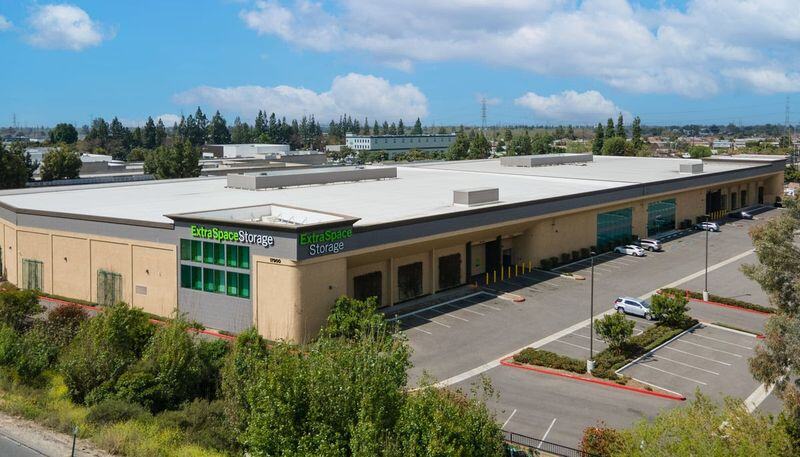3 MIN READ
Navigating the Risks of Preferred Equity in Commercial Real Estate
- Self Storage Industry
2 MIN READ
October 14, 2024


In early October, the news hit that Hines bought the most expensive self storage project ever. Managed by Extra Space, the 221,645 SF., 100% climate-controlled building sold for $410 at 88% occupancy. It's a massive project, but $91M is huge. Only two markets can reach these gross price pinnacles: Los Angeles, New York, and maybe Miami.
What makes this project unique is its sheer size.
This deal works because there are over 250,000 people in the three-mile radius; that's serious density. The most crucial factor is the lack of new competition. LA is one of the toughest markets in the country to develop. Projects can take up to five years to open doors to customers. Land sellers want the developer to close on the land and take entitlement risk. There are few places in the US where land sellers are still in control and will remain in power. This dynamic creates a significant barrier to new development. The rates in this submarket are high at $263, which is the in-store average price for first-floor climate control. These rates are good, but there are many other markets in the US where rates are as good, if not better.
A statistic that we look at, but rarely make decisions around, is storage square feet per person. The submarket for this sale is 3.3 SF/person, less than half of the US average. However, the most important metric is that there are ZERO future self storage developments within the 3-mile radius. When we expand our submarket to five miles, only one new project is in development. That's one new project for 622,000 people. This will increase the market’s square footage by 3%. We have seen markets with 10-15% new supply added. However, those are growth markets, and the thesis is to develop into long-term growth.
Despite the headlines, California is not dead. The difficulty and time it takes to develop creates value. I hear more and more Californians admit they pay the tax because it's where they want to live.
Long live California.
LOAD MORE
3 MIN READ
2 MIN READ
2 MIN READ
LOAD MORE